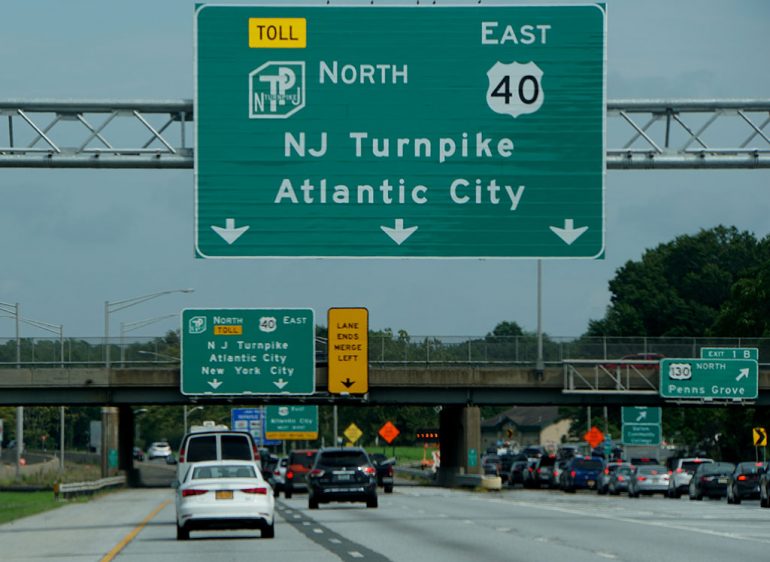
New Jersey has taken a bold and somewhat controversial step towards environmental sustainability by announcing a ban on the sale of new gasoline-powered vehicles by 2035. This initiative, aimed at improving air quality and reducing planet-warming pollutants, was unveiled by state officials on Tuesday. The move aligns with a growing trend, with several states such as California, Vermont, New York, Washington, Oregon, Massachusetts, Virginia, Rhode Island, Maryland, and Connecticut already committed to a similar path, according to the nonprofit organization Coltura.
Starting from January 1, a new rule will come into effect, committing New Jersey to transition towards zero-emission vehicles. The state plans to implement gradual restrictions on the sale of new gasoline-powered cars, beginning in 2027 and ultimately reaching zero sales by 2035. Importantly, this ban does not extend to ownership or usage of existing gasoline-powered cars, and consumers are not mandated to purchase electric vehicles. Additionally, the sale of used gasoline-powered cars remains unaffected, and individuals can still buy such vehicles outside the state and bring them in as long as they meet specified emissions standards.
Governor Phil Murphy, a Democrat, emphasized the long-term benefits of the initiative, stating that the measures taken today to lower emissions will have a positive impact on air quality and climate mitigation for future generations. Shawn LaTourette, the state’s environmental protection commissioner, highlighted the importance of transitioning to a zero-emission vehicle future to improve public health and address the significant contribution of the transportation sector to climate pollution.
While environmental groups welcomed the decision as a significant win for the environment and public health, business groups have strongly opposed the rule. Ray Cantor, a representative from the New Jersey Business and Industry Association, expressed concerns over the ban’s expedited timeline, emphasizing the need to consider costs, feasibility, infrastructure, and grid capacity. He argued that the rule overlooks consumer choice and the potential impact on low- and moderate-income families.
Despite the opposition, the decision reflects a growing global awareness of the need to transition away from fossil fuel-powered vehicles to address climate change and promote sustainability. The support from environmental groups indicates the perceived positive impact on communities suffering from pollution, while the opposition underscores the challenges and considerations involved in such a significant shift in the automotive landscape.
Source: Associated Press

Mike Floyd is a finance executive by trade and a car enthusiast at heart. As a CFO with a keen eye for detail and strategy, Mike brings his analytical mindset to the automotive world, uncovering fresh insights and unique perspectives that go beyond the surface. His passion for cars—especially his favorite, the Porsche 911, fuels his contributions to Automotive Addicts, where he blends a love for performance and design with his professional precision. Whether he’s breaking down industry trends or spotlighting emerging innovations, Mike helps keep the site both sharp and forward-thinking.